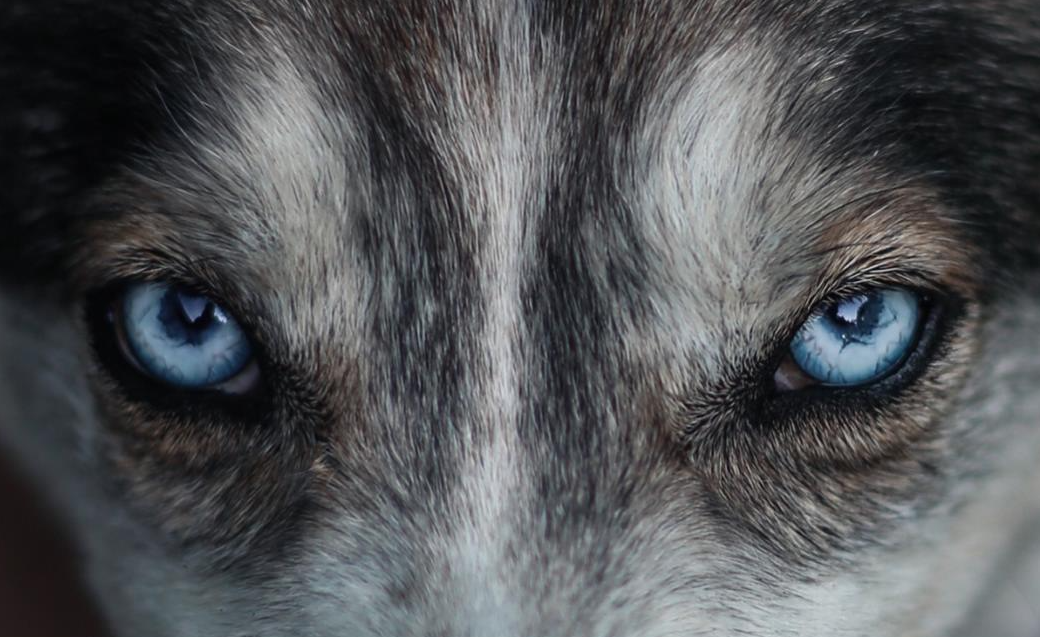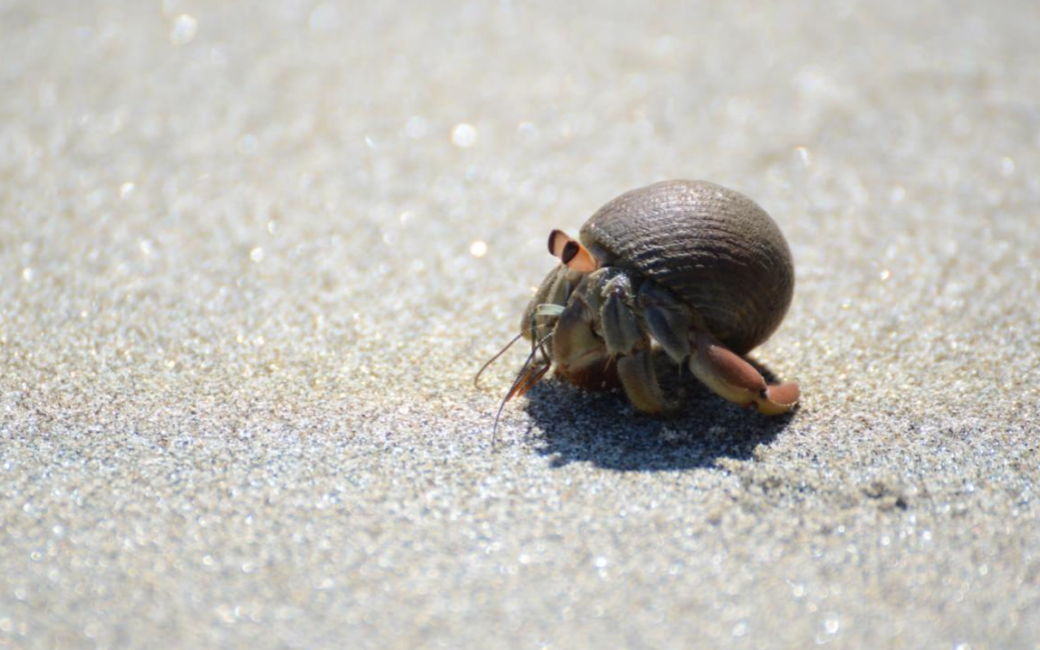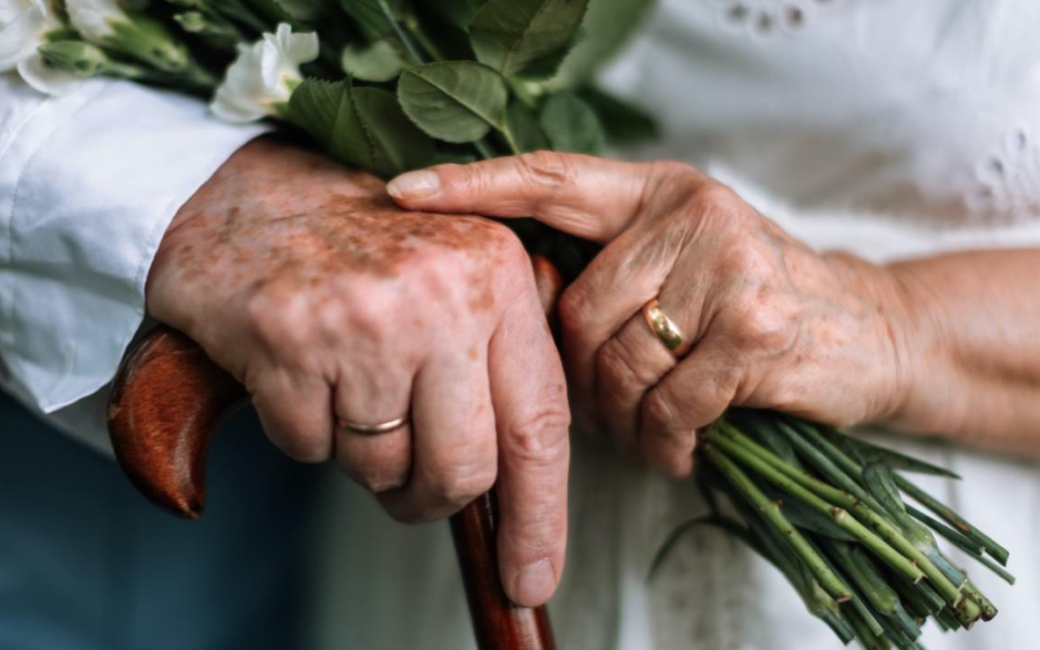Out of Nowhere
It was near nightfall, teasing and tenuous between pitch black and gray fog. The fog came in along the curvy road on Highway 1 north of San Francisco. The wind slapped the truck, windows down. Robert turned up the music on the tape deck. Lou Reed cupped his mouth over Robert’s ears with a lullaby about the kind of love you can’t lose because it lingers regardless of what’s on the physical plane.
Robert’s backpack slid against the floor as he took a curve. The road was smooth. It was hard to see the dangerous drop of the road edge as the light sunk. This thrilled Robert even as it made his head dizzy.
Don’t think about the water. Don’t think about the cliff edge. He gripped the wheel. He imagined the waves as slurping mouths, sea foam spitting out all sides. The salty residue coated his forearm. It was wild to snake over the asphalt at 40 miles per hour while his mind conjured up landscapes and then there she was again, Rosalie, lingering.
Robert was lost in a daydream of Rosalie’s teeth as her full-bodied laughter cascaded. Everything about Rosalie was full-bodied, from the wine she drank to her hips to her tenderness and rage.
The thump of an animal body broke the smoothness of the road. He pulled over at a gravelly turnout. He calculated how he would put an animal out of its misery if it was injured beyond repair. He grabbed his flashlight and shone it down a few yards. He hoped this gesture would be enough. He hoped the animal had leapt up the hillside with panicked adrenaline to bleed and die out of sight. He hoped to get back in his truck and home to Rosalie to tell her that after two nights on the mountain, he was ready to be the man she needed.
An animal whimpered. Oh fuck, oh fuck. His flashlight caught the eyes of a dog otherwise invisible with its shaggy black fur swallowed in shadows on a bed of rocks and brush. He was still 45 minutes from the nearest town. He walked towards the dog, who was in too much shock to move or run away from him. Robert threw his jacket over the trembling body. I got you, its ok, its ok, you’re ok.
As he lifted the dog, he could feel the heat from its body against his own. He couldn’t see or feel the wetness of blood, but he knew the bleeding could be internal. He lowered the dog onto the passenger seat and took off up the long highway. He tore over the ribbons of road past the sheen of the median and reflective markers and finally the oncoming rush of headlights on the 101. Robert looked over at the motionless pile, the rough outline of a dog underneath his jacket. Had it taken its last breaths? Was the dog still there, or was the jacket a marker of absence now? He moved his right hand under the jacket, rested it on the matted fur to check for warmth. The dog’s eyes opened, a soft sheen in the night.
When Robert pulled into the vet parking lot, the dog’s eyes were closed, breaths shallow.
Robert hadn’t spoken to another human in days. His voice emerged scratchy, subterranean.
“I need help. I hit a dog on the highway.”
“What happened? Were there any other cars around?” The young receptionist blinked at Robert under the fluorescent lights.
“It came out of nowhere.”
The truth was he didn’t know if the dog lingered lost in the middle of the road or leapt suddenly in front of the truck. At the moment of impact Robert was just as lost, remembering Rosalie.
Robert’s hands trembled as he filled out his name and address on the clipboard. He waited in the truck until the vet staff came out with an update. The dog had a fractured leg, but no internal bleeding, no tags, no microchip. Robert thought about the permanence of committing to a dog, how he and Rosalie would name this dog together, the way they might one day name a child.
Robert stayed in a motel for the night while the dog recovered from surgery. In the morning, Robert was on the road with the dog, who slept, heavily drugged. He tried to imagine what it would be like to see Rosalie again.
When he pulled into the driveway, he was met with her absence before he opened the car door. She had taken her favorite wind chimes and cut all the flowers from the front yard. When he walked into their small house, he was in a stranger’s home. The walls were stripped bare of her decor. Her closet was empty.
Robert brought the dog inside. The dog’s black fur was shaved around the surgery site. Caramel canine eyes scanned the room and returned to Robert who kneeled, palms open with pain meds hidden in bacon flavored pill pockets.
Robert wanted to feel the searing despair of being left alone. The only thing Robert could feel was the warm tongue of the dog against his open palm. Maybe Rosalie was right, that he was a man with a closed heart, unable to feel the world around him.
Just a few days before, when he still had a home and he still had Rosalie, he didn’t hear the pop of the Achilles tendon of their love, how the torn tendon wouldn’t bear any more weight.
“It’s like trying to love the fucking glaciers. You just melt out of reach.” Rosalie stared into the yard, stoned and tired.
“So I’m dead inside? I’m a disappearing glacier?” Robert tossed the words at Rosalie’s back and watched them slide off her spine along with past sarcastic attempts at reflective listening and “I” statements.
He wanted to place his hand on Rosalie’s back. He wanted to kiss her perfumed neck of tobacco and amber.
Instead, Robert hefted his backpack on. “I’ll see you in a few days. I do love you Rosalie.”
When Robert opened his eyes again, his hands were empty. He listened to the dog’s breath against the soundlessness of no wind chimes. Somewhere Rosalie walked with an armful of freshly cut flowers.
Vanessa Micale
Vanessa Micale is a multidisciplinary artist who lives in Portland, Oregon. She is a mixed Uruguayan American who creates across monikers and mediums as a poet, writer, singer-songwriter, musician and performer. Their work has been Pushcart nominated and appears in The Hopper, Roxane Gay’s The Audacity and zines + things. Vanessa has received support from Latinx in Publishing (2023), Randolph College MFA Blackburn fellowship (2022), Anaphora Arts (2021) and VONA (2018). https://www.vanessamicale.com




